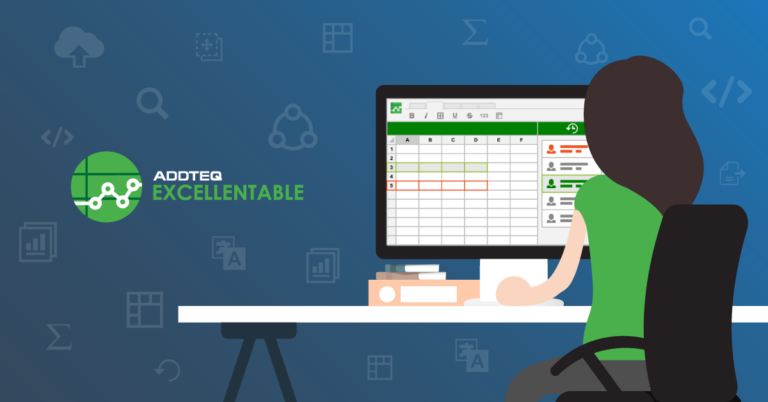
Saturday, November 5th – Sunday, November 6th 2016- Addteq sponsored the 3rd annual HackNJIT this past weekend. Similar as in the past years, we have sponsored this hackathon to reach out to the next generation of technology geniuses. We contribute a project idea for the students along with different technologies, API’s, methodologies and of course, mentorship.
Instead of giving out the HipChat API, like we have in the past, we decided to use the recently released Amazon Echo Dot as the tool and the Alexa Skills Kit as the technology. Because of our recent Echo integrations with JIRA and Confluence, as well as developing a small rock-paper-scissors game for the Atlassian Summit, we thought Echo’s accurate speech-to-text detection would motivate the students to innovate more with their projects. Also, developing an Alexa Skill at a hackathon has a higher learning curve than a regular web API, so we thought it was a good opportunity to make it a little more challenging for the students too.
Project Ideas
We provided multiple Amazon Echo Dot devices for the entire event. To help them get started we gave a quick-start workshop on development with Alexa Skills Kit in NodeJS, as well as an example code and full instructions on how to setup the development environment, testing locally and deploying to AWS. Even more, we had mentors available during the entire hackathon to be of assistance for any issue or question on the Alexa Skills Kit that could come up – in fact, our mentors where helping everyone, regardless of whether they were using Alexa or not.
Students showed a great amount of interest on integrating Alexa with their projects, and had various ideas on how to use it. These were going from including it with Unity games, webapps, mobile apps, chatbots, and backend apps specifically designed for Alexa. During the final demo of projects, among the different ideas that were presented was a guessing game which used Alexa for its input, a Chef Alexa app that helps you find recipes on what to cook based on the ingredients you already have, a health app which searched its database to help you find and view the description of different medical conditions, including their medicines needed and pharmacies that have it, our prize winner – which is mentioned below – and so many more.
The Challenges
This also involved multiple other challenges and issues adapting the ideas so that Alexa fit well into their projects. For instance, a team making a chat translation app originally wanted to give the messages to Alexa in different languages and then have their app translate them to English, but Alexa Voice service only supports English and German, so they had to invert their idea by taking messages in English and translating them into other languages. Another team was trying to complete content-arbitrary message detection – meaning that Alexa could receive any type of input and process it with their app, to get the intent behind the message. However, this also required a complex set of training data for Alexa to build its interaction model. Other teams were more proficient in python, C# or other languages than NodeJS, our examples did not fit directly on their skill set, so they had to use adapt the use of Alexa in these languages or connect them with the NodeJS version.
As usual, many teams were not able to complete their projects or have them ready for demo. For many of the students, this was their first hackathon and they had their hands full with just figuring out their idea without even including Alexa in it. Unlike other big hackathons who have a group of volunteers or dedicated mentors helping the participants, this one was still relatively small and didn’t have it, so our mentors were the ones who filled on this role for any of the teams who were stuck in any project – regardless of using Alexa or not. It was great to help the students with the problems they were having and it was a great opportunity to see the student’s potential!
Our Winners this Year
This year’s winners were a team called FluxLight. They used the Amazon Echo Dot that we supplied and the popular, FluxSmart light bulb, to control the colors/temperature of the light bulb! It included accurate commands for the light control using the Flux bulb API passed through Alexa, and it was a complete app using our supplied tools, which made it earn our prize. Congratulations FluxLight!






